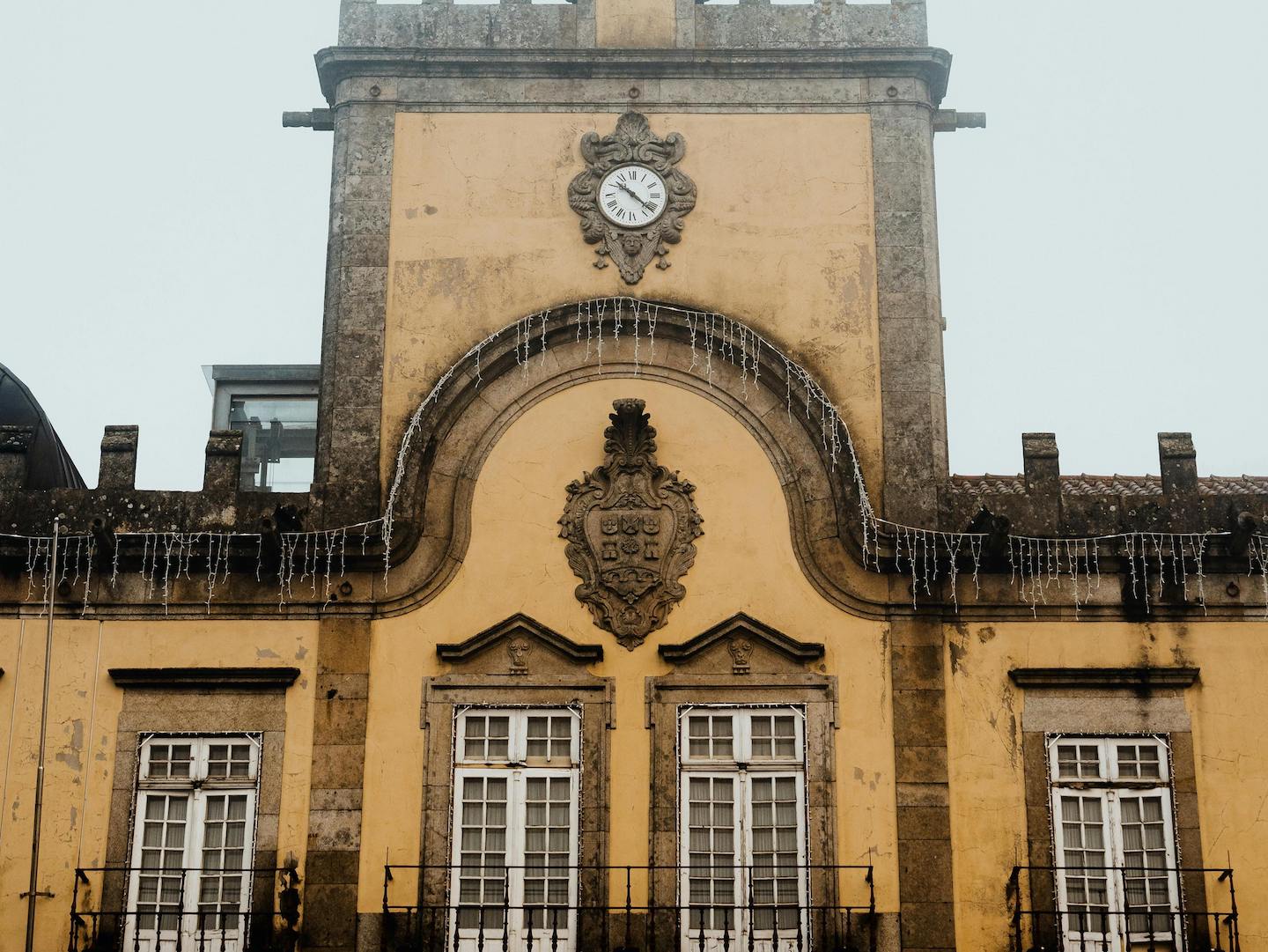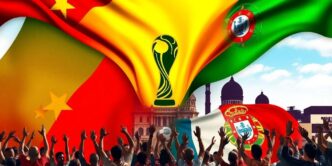Portugal’s center-right alliance, led by the Social Democratic Party, has narrowly won the general election, setting the stage for a minority government. However, the radical-right populist party Chega, which came in third, is demanding a role in governance, complicating the political landscape.
Key Takeaways
- The Social Democratic Party-led alliance won 80 seats in the 230-seat National Assembly.
- The center-left Socialist Party secured 78 seats and will not obstruct the formation of a minority government.
- The radical-right Chega party surged to 50 seats, up from 12 in the previous election.
- Chega leader Andre Ventura is pushing for a say in the government, either through Cabinet seats or a parliamentary alliance.
- President Marcelo Rebelo de Sousa has invited Luis Montenegro, head of the Democratic Alliance, to form a government.
- Montenegro has ruled out a deal with Chega but may face political pressure to compromise.
Election Results and Political Dynamics
The final results, published after counting votes from abroad, gave the Democratic Alliance 80 seats in the 230-seat National Assembly. The center-left Socialist Party came in second with 78 seats and has stated it will not block the formation of a minority government. Chega, a radical-right populist party, made a significant leap from 12 seats in the previous election to 50 seats, disrupting the traditional political balance in Portugal.
Chega’s Demands and Political Implications
Chega leader Andre Ventura is demanding that the Social Democrats grant his party a role in governing, either through Cabinet positions or a parliamentary alliance. Ventura has threatened to obstruct key votes, such as the state budget, unless his demands are met. He has also indicated a willingness to drop some of his party’s most controversial proposals, such as chemical castration for certain sex offenders and the introduction of life prison sentences, to gain political leverage.
Formation of the New Government
President Marcelo Rebelo de Sousa has invited Luis Montenegro, leader of the Democratic Alliance and the Social Democratic Party, to form a government. Montenegro and his government are expected to take office on April 2. The new government will then present its policy proposals to Parliament, where other parties can bring a vote of no confidence. If such a motion is successful, another party leader will be invited to form a government, or another election will be held.
Challenges Ahead
Montenegro has so far ruled out any deal with the populists, whose policies are unpalatable to many Portuguese. However, his minority government will face challenges in passing legislation without broader support. Ventura’s Chega party, running on an anti-corruption platform, capitalized on public discontent with low wages, high living costs, a housing crisis, and failings in public healthcare, issues that have plagued mainstream parties.
International Connections
Ventura has built alliances with other radical-right parties across Europe, including Italy’s League party led by Matteo Salvini, France’s National Rally led by Marine Le Pen, and Spain’s Vox party led by Santiago Abascal. These connections could influence Chega’s strategies and impact Portugal’s political landscape.
The final official results will be certified on Friday, and parties have 48 hours to present any legal challenges to the outcome.













